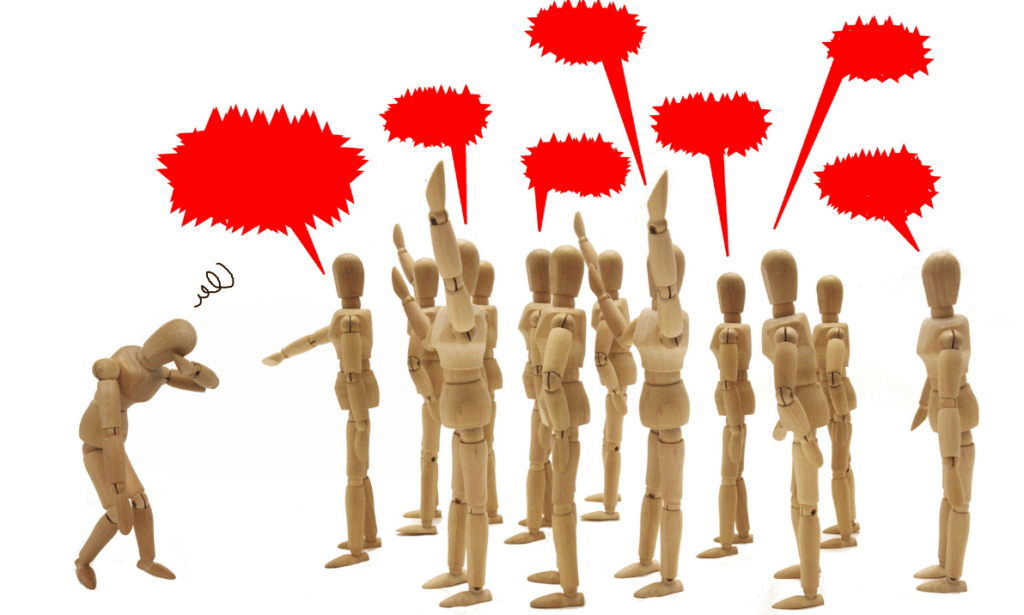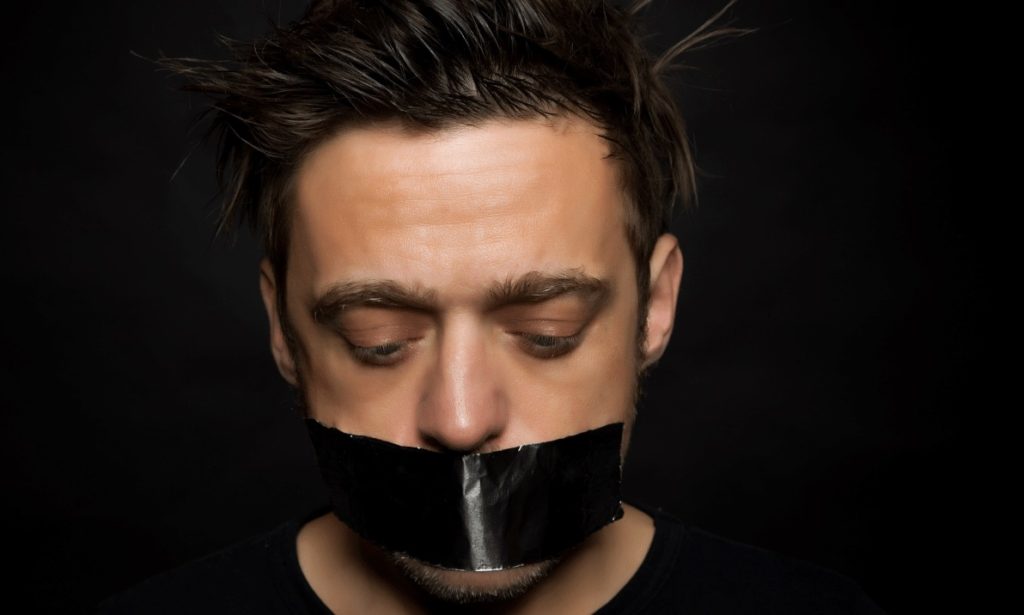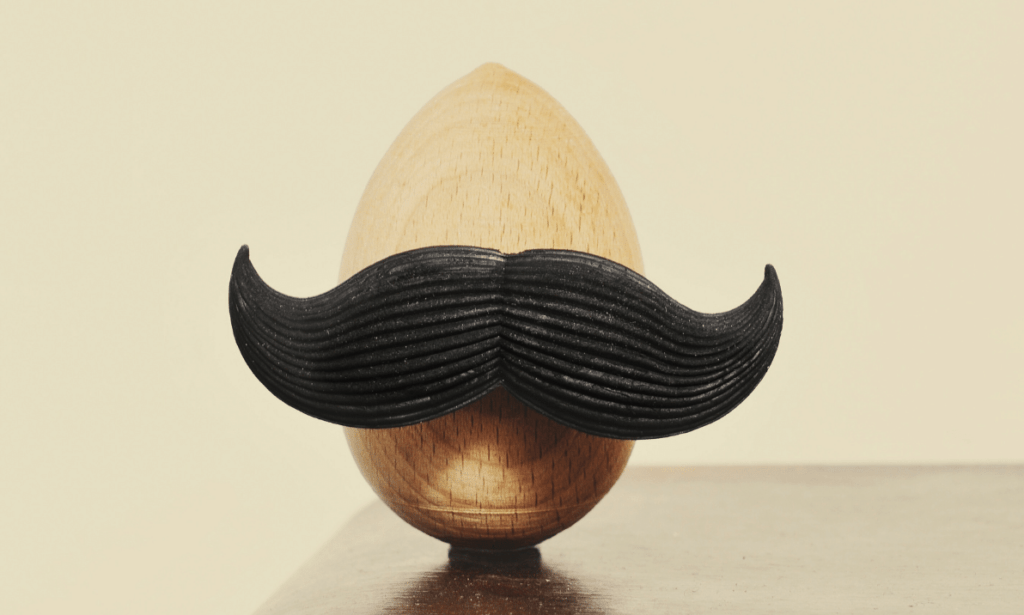Gender: it’s a socially constructed concept that defines the roles of men and women. In Arab societies, both roles struggle daily with hardships. The patriarchy, though ruling all, isn’t serving males any justice. Men might be privileged in some aspects, but they still have issues of their own. While women all over the world are fighting inequality with feminist movements, the struggles men face often go unnoticed and Arab men continue to face oppression. So what does it mean to be an Arab man and what does gender in the Middle East mean for those who live there?
On the meaning of ‘manhood’
Little boys are raised to be men. What defines a man in the middle east, though, is all kinds of wrong. The phrase “be a man” is one we hear and say all too often. Subconsciously, everyone knows what is implied. It means you need to be tough. You mustn’t show any emotion or weakness. It means you have to be brave; there is nothing to fear. Ever. To be a man, you must never ask for help, because “being a man” and “absolute strength” are synonymous. Be aggressive. Be a winner.
Society creates these notions and the number of people who believe in these ideas only serve to empower them. Any Arabic household will portray clearly the oppression men can encounter on daily basis. A son may gain some advantage just because he is a boy, but for the same reason, he needs to fit into a specific mold. It’s still sexism, just not the kind we’re used to talking about.

As little boys, they crave their mother’s love and support and as time passes by, the expression of those emotions begins to mean weakness. Boys start to hide their need for attention, intimacy, and reassurance, growing numb in the process. They get praised then for aggressiveness and expressions of anger, and in doing that, they give birth to the generalized idea that men are violent and dangerous, in itself a form of oppression.
They are raised to be fighters who can withstand the toughest of situations, or else be called sissies. Simultaneously, they are asked to be “gentlemen”, holding doors for others, giving away their seats, giving away money, providing generously. It’s a tough line to tread.
The institution of marriage can represent imprisonment for Arab men too.
While marriage oppresses women horribly, this is nothing new to us, but holy matrimony can oppress men too. From childhood until death, men are directed towards working hard and making as much money as they can. As the Egyptian saying goes, men shouldn’t be ashamed of anything other than not having money. If that doesn’t reduce a man to a breadwinning machine, what does?
As boys, strength and education are important; one day they need them to acquire the best job, to make money, to be successful, and support a family. Could the focus on earning money deprive them of the chance to focus on other things like being moral, being emotionally intelligent, learning life skills like doing their own house chores and preparing meals? Do we set men up to fail in this department?
When boys grow up hearing about harmful father figures, and how toxic and dangerous men are; they are bound to feel pressure and conflict. The toll this has on a man is unimaginable. But they can’t express emotions or weakness, because: men don’t cry.

Generalizations only add salt to injury
Generalizations about men can often be just as harmful as those made about women. The stereotype of men being more violent and abusive serves only to put them in a box; it’s a complex situation that needs more attention and care on all our parts. Men are often perceived as a threat to women because of these very boxes and stereotypes, and while many men ARE a threat, that doesn’t mean they are ALL a danger. Similarly, men are, for one reason or another, perceived as being more adulterous than women, although there have been reports that the numbers show a different reality. Yet men are still seen as cheaters, while women are seen as being more faithful, women are the victims. This is, of course, not to say that women don’t receive harsher punishments for adultery. Despite the stereotype, or perhaps because of it, men tend to get away with things like adultery and marital abuse.
It’s true that men get free passes in some departments, but when it comes to others, they are quietly oppressed. It makes it difficult to get treated objectively, as human beings. But, it must be said, the very same applies to women. It is exhausting to have to continually prove yourself.
This is how humans made it out to be: men get unjust treatment in some departments, and the same happens for women, especially when it comes to self-expression. Humans continue to chain and limit each other through oppression. But maybe one day we can stop.



